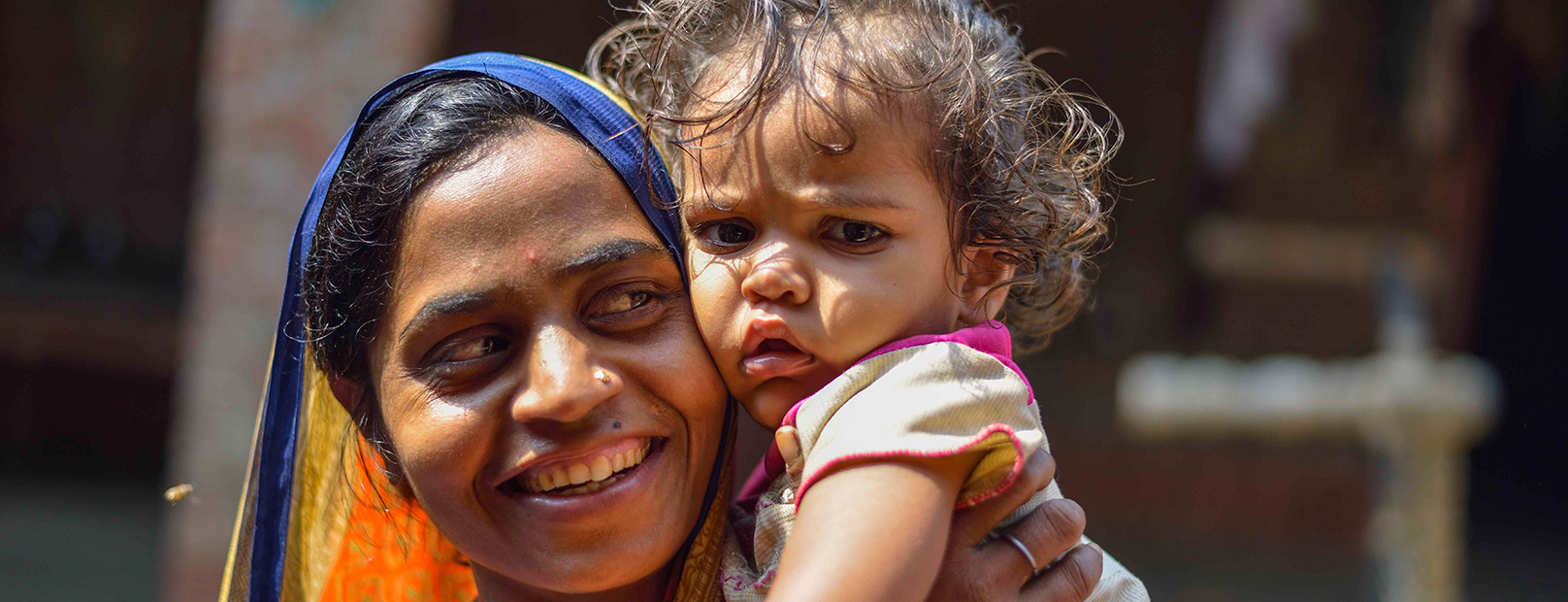- Home
- Themes
- Maternal and Child Health
- Pregnancy Risk Stratification Platform Alignment

The establishment of a Pregnancy Risk Stratification platform is being supported to Christian Medical College, Vellore by the Gates Foundation, as a surveillance and trial platform at 2 sites in India-Palwal, Haryana and Makunda (Bazaricherra), Assam.
The Makunda Christian Leprosy and General Hospital (MCLGH) in Bazaricherra, Silchar District, Assam and the Community Health Centre (CHC) in Hodal, Palwal District, Haryana have been identified as community-based sites with high morbidity and high rates of infant and maternal mortality. The PRS team is conducting periodic surveillance in the catchment areas of MCLGH and CHC Hodal to generate population-based information in the proposed study area that includes key risk factors resulting in adverse pregnancy outcomes, maternal mortality ratio and the burden of morbidity and mortality in newborns and children.
The goal of Garbhini India Pregnancy Risk Stratification Platform Alignment (GIPA) is to align and validate the findings from the DBT supported Garbhini platform in a subset of the India Pregnancy Risk Stratification (PRS) Platform. The overall scope of work with broad objectives of the PRS (Pregnancy Risk Stratification Platform) study are as follows:
The following specific objectives will be achieved in multiple phases across 4 years in ongoing IPRS study: